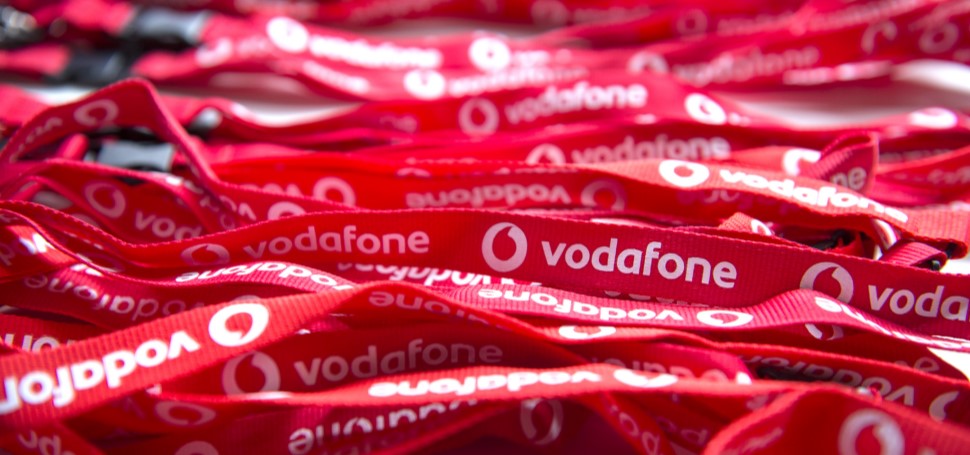Vodafone launches first Ireland 5G network
5G available in five cities before expanding alter in the year

Vodafone has launched Ireland’s first commercial 5G service, covering capital city Dublin as well as Cork, Galway, Limerick, and Waterford.
The Newbury-based operator has been one of the leading operators in terms of 5G deployment in Europe, having already switched on networks in Germany, Italy, Spain and UK.
The Irish network is powered by 3.6GHz spectrum Vodafone won at auction in 2017 and is powered by the Ericsson Radio System (ERS) platform. More locations will be added to the network before the end of the year, Vodafone confirmed.
- 5G in the UK: the what, where and how much
- 5G phone deals - the best prices and contracts
- BT is switching on its 5G network in Autumn
Vodafone Ireland 5G
“This is truly a historic occasion for everyone at Vodafone,” declared Anne O’Leary, Vodafone Ireland CEO. “As a business, we have spent the last 18 months preparing the groundwork for the launch of Ireland’s first commercial 5G network and today we begin our switch-on.
“5G is set to revolutionise how we use and adopt technology and will have a huge impact on businesses and society in Ireland. It will bring high speed, ultra-low latency and highly secure connectivity to a massive amount of devices; and is a technology that will unlock a vast array of new use cases through Vodafone’s next-generation network.”
Vodafone’s rivals Eir and Three have both confirmed plans to launch 5G in the near future.
Vodafone says 5G will have benefits for nearly every single industry and has earmarked healthcare as a sector that could be transformed. It has partnered with the ASSERT Centre at University Colelge Cork (UCC) to establish the world’s first 5G telemedicine and medical robot training centre in the world.
Are you a pro? Subscribe to our newsletter
Sign up to the TechRadar Pro newsletter to get all the top news, opinion, features and guidance your business needs to succeed!
The facility will help industry and academics to develop innovative healthcare products in a simulated environment. Potential applications include real-time monitoring, robotic surgery and telemedicine.
“5G will revolutionize medicine with rapid connectivity of the Internet of Medical Things (IoMT),” added Professor Barry O’Reilly, director of ASSERT.
“From advanced wearable technologies that will facilitate the care of patients at home, to immediate connectivity of new diagnostic technologies like handheld smartphone connected ultrasound between point of care and hospital specialists at for example a road traffic accident and an emergency department, to remote robotic surgery.”
- Compare the best Vodafone deals
Steve McCaskill is TechRadar Pro's resident mobile industry expert, covering all aspects of the UK and global news, from operators to service providers and everything in between. He is a former editor of Silicon UK and journalist with over a decade's experience in the technology industry, writing about technology, in particular, telecoms, mobile and sports tech, sports, video games and media.